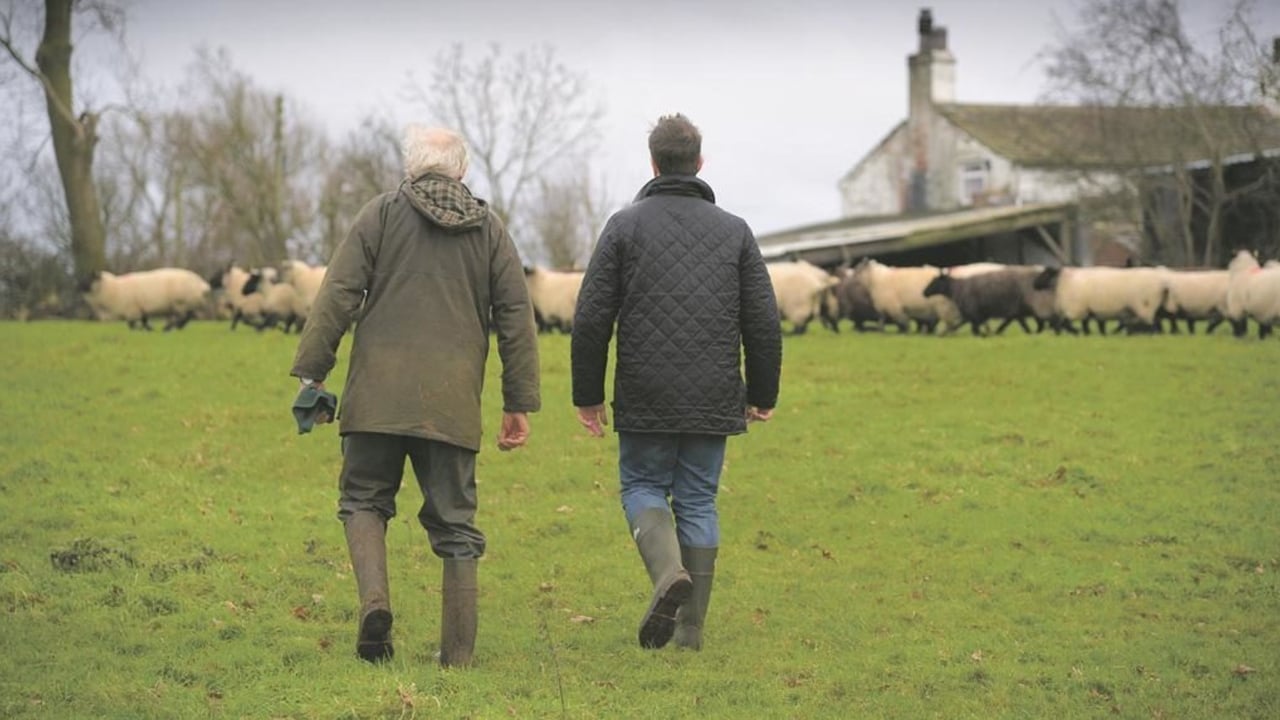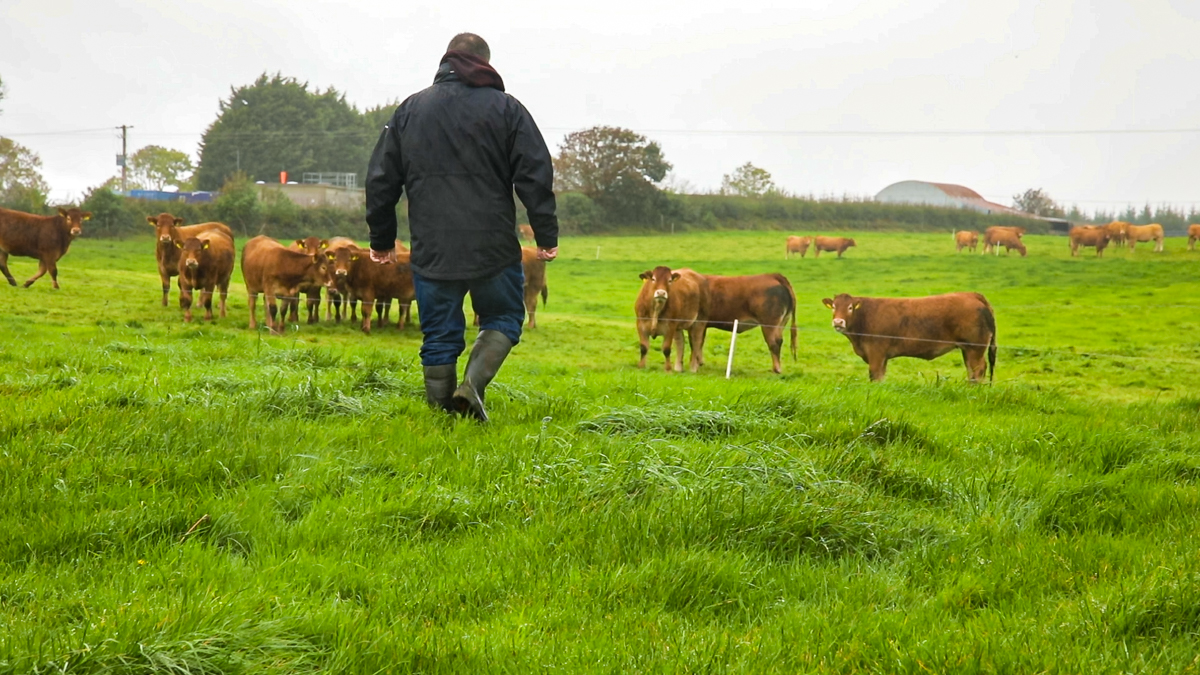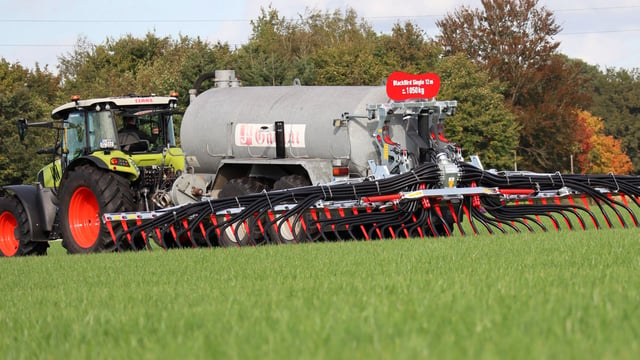Explainer: Changes to agricultural relief from 2025
With changes to the agricultural relief taking effect from January 1, 2025, Agriland has spoken to EY Ireland tax partner and head of private client services, Alison McHugh about what the upcoming changes will mean for farmers.
The Capital Acquisitions Tax (CAT) is a tax that is applied at 33% on gifts and inheritances paid by the individual receiving the gift or inheritance. Agricultural relief reduces the taxable value of the gift or inheritance by 90%.
This means that an individual only pays tax on 10% of the value of the agricultural assets they are receiving, provided that they meet a number of conditions.
The tax is applied on the excess value of the property over a certain threshold. There are three thresholds, depending on the relationship between the provider (disponer) and the recipient of the gift or inheritance (beneficiary).
The threshold for liability under the CAT has been increased in Budget 2025 earlier this month. The threshold for transfers of property between parents and children will be increased to €400,000 from January 1, 2025.
The three thresholds are:
- Group A (Where the beneficiary is a child of the disponer, or the minor child of a deceased child of the disponer) to increase from €335,000 to €400,000;
- Group B (Where the beneficiary is a brother, sister, niece, nephew, lineal descendant, or lineal ancestor of the disponer) to increase from €32,500 to €40,000;
- Group C (Any cases not covered by groups A or B) to increase from €16,250 to €20,000.
Individuals may receive gifts or inheritances up to a set value over their lifetime before having to pay CAT. Gifts become inheritances if the disponer dies within two years of giving the gift.
The two main conditions to qualify for agricultural relief are:
- Beneficiary must be an active farmer (farm the agricultural property for at least six years) at the date of the gift or inheritance, or lease out the land to an active farmer;
- After the gift or inheritance is received by the beneficiary, at least 80% of the total property value of their assets must constitute agricultural property.
In Budget 2025, it was announced that the active-farmer test will be extended to the disponer of the agricultural property. This change by government aims to ensure that relief benefits real farmers rather than speculators.
The recently published Finance Bill 2024 implements the taxation changes announced in Budget 2025. The bill introduces a new section on agricultural relief which will apply for gifts or inheritances after January 1, 2025.
The new section introduces the condition that the disponer must also be an active farmer for six years prior to making the gift or inheritance. The six-year period ends immediately prior to the date of the gift or inheritance.
In addition to this requirement, the disponer must hold an agricultural qualification or farm the agricultural property for at least 50% of their time with a view of making a profit.
Where an individual does not satisfy these requirements, the conditions to avail of agricultural relief can still be met where the land is leased to an individual who satisfies the conditions around active farming.
This also means that where there is a mix of both - for example an individual gifts 100ac to a child and actively farms 50ac themselves, and rents out 50ac to an active farmer - relief can still potentially be availed of under the new rules.
Under the new rules it will no longer be possible to make a gift subject to the condition that the beneficiary acquires agricultural property. This means that from January 1, 2025, it will no longer be possible to avail of relief on cash gifts.
While gifts or inheritances prior to December 31, 2024, will fall under the old rules, the Finance Bill contains transitional arrangements helping individuals to avail of the relief beyond January 1, 2025.
This means that if a gift or inheritance is made between January 1, 2025, and December 31, 2030, the active-farmer test for the disponer will only apply back to January 1, 2025, even if less than six years have passed.
If land was currently lying idle, and the owner wasn't able to go back and actively farm it themselves, they could lease it to an active farmer. Therefore, the conditions for the active-farmer test could still be met.
In a scenario in which the landowner retired and a child is farming the land without a formal arrangement in place, a lease should be put in place prior to December 31, 2024, to fall within the leased land provisions and be eligible for the relief.
McHugh advises owners to speak to their advisors and understand the difference between the rules pre and post January 1, 2025. If owners do not fall within the new conditions, they should consider a transfer before December 31, 2024.
McHugh said it is important to note that a lot of farmers who are carrying on a business of farming but don't meet the conditions for agricultural relief, may meet the conditions for business relief.
Business relief is a similar relief, except that it is available for the transfer of all business assets, no just agricultural property. Business relief also reduces the taxable value by 90%, however, subject to different conditions.
Neither agricultural relief nor business relief, however, can be availed of if the land being transferred is lying idle, i.e. the land is not actively farmed or leased to an active farmer.
McHugh said there are cases where individuals can't avail of agricultural relief due to the 80% test for the beneficiary. This may be the case where a child due to receive land already owns a home, a car, and has accumulated some cash.
This may mean that the value of the land that is being transferred does not meet the 80% threshold of the total value of the beneficiary's entire assets, particularly if they have a low mortgage on their property, McHugh said.






